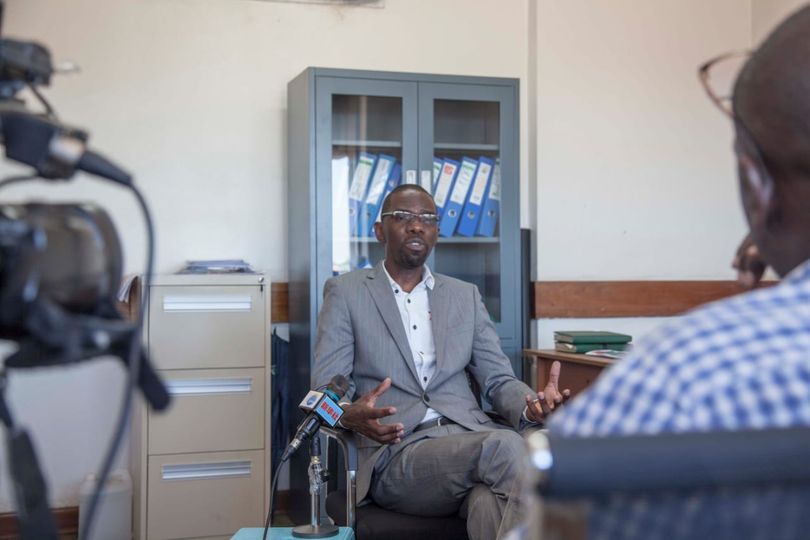Refining SOEs Policy Framework: Key to Stakeholder Confidence
Zambia’s State-Owned Enterprises (SOEs) policy framework is set to undergo refinement as part of strategic efforts to boost stakeholder confidence and align with international economic standards. This was emphasized by renowned economic analyst Kelvin Chisanga, who highlighted the critical role SOEs play in the country’s economy.
According to Chisanga, SOEs form a strong baseline for Zambia’s economic framework, serving as a strategic mechanism to provide alternative cost provisions for essential goods and services. However, he noted that improving the policy framework governing these enterprises is necessary to make them viable and effective in complementing private sector investment.
Mr. Chisanga pointed out that most SOEs in Zambia have historically operated at significant losses, creating a substantial fiscal burden on the national treasury. This challenge has been exacerbated by unsustainable investment initiatives, often backed by government guarantees. These ventures have resulted in the accumulation of considerable debt, with unpaid dues and unattended cost factors, further straining repayment obligations.
“This situation underscores the urgency for policy reform,” Chisanga remarked. “The inefficiencies within SOEs, coupled with fragmented operations, weak financial positions, and governance challenges, have significantly hampered their ability to contribute positively to the economy.”
The Zambian government’s decision to refine the SOEs policy framework aligns with recommendations from key global stakeholders, including the International Monetary Fund (IMF) and the World Bank. These recommendations are part of conditionalities tied to Zambia’s economic recovery program, which aims to establish a sustainable growth trajectory.
Mr. Chisanga highlighted the Minister of Finance and National Planning’s budget speech for the upcoming fiscal year 2025, presented in September, as a crucial indicator of the government’s commitment to reform. The minister outlined plans to address SOE inefficiencies by revisiting outdated laws and implementing robust governance mechanisms.
“This exercise is vital to tackle issues like corporate governance failures, political interference, and the lack of accountability,” Chisanga explained. “Without these reforms, SOEs will continue to underperform and fail to deliver on their intended mandates.”
The dual reporting structure between the Ministry of Finance and the Industrial Development Corporation (IDC) is a significant challenge to effective SOE oversight, according to Chisanga. This lack of a clear operational framework complicates governance and accountability processes.
To address these challenges, Chisanga proposed several key recommendations:
- Reduction of Fiscal Risks: Implementing strict measures to lower operational and governance costs while enhancing fiscal discipline.
- Improved Monitoring Tools: Establishing appropriate mechanisms to track and evaluate SOE performance.
- Corporate Governance Enhancements: Introducing frameworks to ensure accountability, transparency, and risk management, particularly in public procurement processes.
- Privatization through Tradable Shares: Allowing partial privatization by listing fair portions of SOE shares on the stock market. This approach would attract private investment, improve capital formation, and foster better corporate governance.
Mr. Chisanga also emphasized the importance of leveraging public-private partnerships (PPPs) to revitalize SOEs. “Engaging the private sector in key strategic business units can drive skills transfer, improve operational efficiency, and align capital requirements with economic demands,” he noted.
As Zambia moves forward with these policy changes, stakeholders are optimistic that a reformed SOE framework will play a pivotal role in the country’s economic recovery. The proposed measures aim to transform SOEs into more efficient, accountable, and sustainable entities, capable of supporting both the public sector and private investment initiatives.
“By refining the policy framework, Zambia can position its SOEs as competitive and strategic assets,” Chisanga concluded. “This will not only reduce fiscal risks but also build public and investor confidence in the country’s economic governance.”



